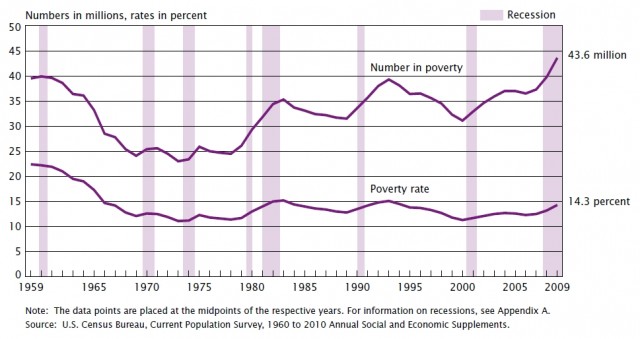It has been said that Richard Wright’s writing is like a sledgehammer. If Native Son is a fair representation of the rest of his work, then I’d have to agree. It’s precise, simple, and sends a clear message that is solid, heavy, and hits hard, all with a lack of sentimentality. This is not only true of Richard Wright’s style but of his message. Granted his theory is a little abstract, but his general conception of the truth behind urban American class, race, and social relations is grounded in clear logic – white American society has responsibility for the oppression, racism, and segregation towards blacks, and if nothing is done about it, violent outrage is a definitive result. A result that has proven itself among exceedingly subjugated people the world throughout. It took Wright 391 pages to literally spell it out, but ultimately the story of Bigger Thomas is a story of oppression. The story and nearly all its main characters are aggressive, brutal and destructive each in their own way. The biblical quote at the beginning of Native Son, “Even today is my complaint rebellious, My stroke is heavier than my groaning.” from the book of Job, set the tone for the violence contained there in.
The plot involves itself with the actions of Bigger Thomas. Bigger is a young black man raised and living in Chicago’s black belt during the 1930’s. Bigger lives a life that is weighed down by poverty, racism, and fear. Bigger is a product of the injustices of society. After accepting a job as a driver for an affluent white family, Bigger finds himself in a situation where he feels no other choice but to murder the daughter of his employer. Bigger digs himself larger and larger holes by producing a falsely signed ransom note, and accusing the victims boyfriend, killing his girlfriend so she won’t rat him out (a scene that literally made my stomach drop). Bigger eventually gets found out, captured, brought to jail, and put on trial. Max, a leader in the communist party (and it is not surprising that Max is one of the only characters with any racial clarity considering Richard Wright was an active communist himself), acts as Bigger’s lawyer. It is only after trying to explain his feeling to Max that bigger realizes that his crimes are the only thing that have given meaning and energy to his previously aimless life, and he thus he goes to his trial unrepentant. Bigger believes that if a man were reduced to such a level that his only choice was to kill another, the taking of the life must have been for a valid reason, even if that reason isn’t well understood. Thus he deals with his fate stoically. While Bigger is on trial Max explains to the courtroom that Bigger’s actions were a byproduct of his oppression and ultimate fear. It is understood that despite the horrible oppression that consumed Bigger’s life, we know that he was ultimately the one responsible for his choices. As a result the reader feels little pity for Bigger. Wright’s genius was that, in preventing us from feeling pity for Bigger, he forced us to confront the hopelessness and misery of the society that gave birth to him. It is this part of the book that gets a little caught up with rhetoric. Somewhat like the “radio speech” in Ayn Rand’s “Atlas Shrugged”, Richard Wright felt the need to pound the podium in order to drive home his point. Despite having slowed the pace of the novel a bit, it was entirely bearable (unlike Atlas Shrugged) and an important part in the understanding of Wright’s ideas.
An important book and an enjoyable read.

